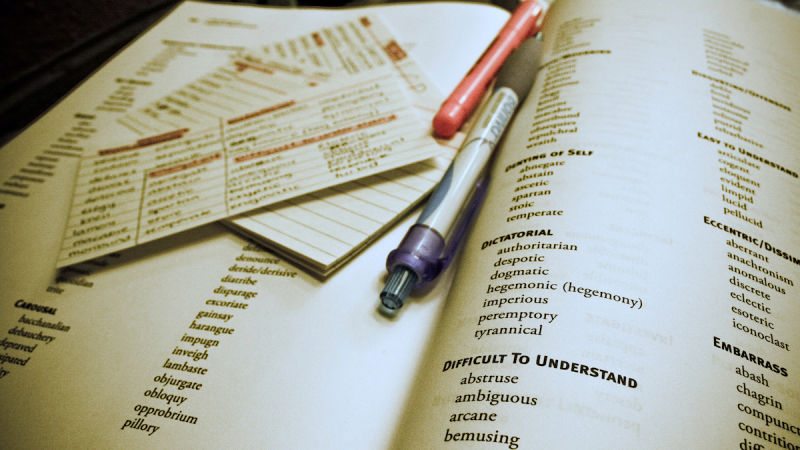Have you ever thought how to learn a language in the most efficient and effective way? If so, then there is a four-step method based on the principles of creating personalized cards and repeating intervals, extremely powerful learning tools that optimize the memory capabilities of your brain. So you not only learn the language quickly, but also remember it for a long time.
Step 1. Start with a listening.
From the really beginning, start with the basics of pronunciation. You need to know how the language sounds before you can learn to speak it. Before you can begin to collect memories for words, your brain must create a spelling and a solid foundation on which to build these memories.
You can also train your ears with minimal paired tests.What does it mean? “Minimal pair” is a set of two words that differ only in one sound, for example, “hit” and “hid”. It trains your ears in order to help you hear the subtle nuances in your new language. In just a couple of weeks, you will find that you can reconfigure to hear new, extraneous sounds, just by checking yourself using notes of very similar words.
Step 2. Memorizing is not the best solution.
The four-step method encourages you to learn words through guided discovery, rather than trying to learn words by memorizing translations. This has three advantages: first, when you learn new words with the images you select and create unique memories that your brain can remember more easily. Second, you reinforce the basics of sound and spelling that you created in Step 1. Third, you learn to think in your target language.
Step 3. Learn grammar not though memorizing.
Want to learn the abstract word? Other methods suggest that you memorize its translation, but you will learn much faster by studying it in the context of a sentence. In the process of woking with exact sentence, you will intuitively understand how the grammar works in your new language.
Step 4. Develop your speaking with a native speaker.
Fluency in speech is not the ability to know every word and grammatical education in a language. It is rather the ability to use any words and grammar that you know to say what’s on your mind. This is a learned skill that you can work with directly and effectively, even at a starting level. Obviously, classes with a native speaker will significantly help you to develop your both colloquial and grammar.
Speech practice combines all the data that you cram into your head, and turns them into a cohesive, honed language. This leads to a continuous cycle of improvement: the more vocabulary you learn, the easier it will be to talk about a wide variety of topics. The more you practice speaking, the easier it will be to consume foreign entertainment and learn new words, grammar, phrases and slang.
We have over 500 native speakers in all the cities in Poland. Just take a look https://nativespeaker.com.pl/profiles/search and choose the best one!

